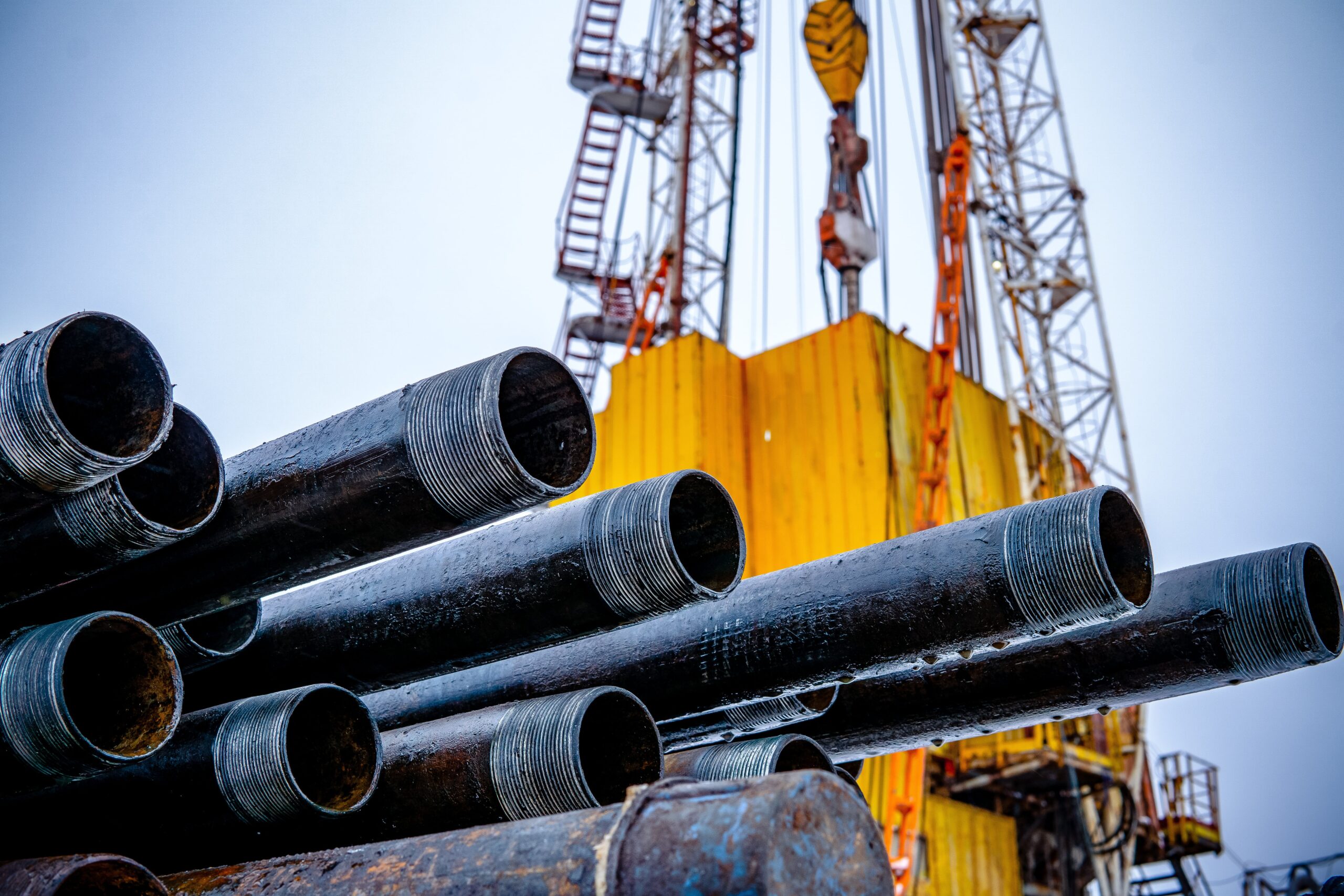Pipe handling is a critical aspect of any project, as it involves pipe movement, storage, and protection from the point of manufacture to installation. Pipe handling operations require careful planning, coordination, and communication among various parties, such as transporters, contractors, and operators. Effective communication and coordination can ensure pipe-handling operations’ safety, efficiency, and quality while avoiding costly delays, damages, and accidents.
How Communication and Coordination Helps Maintain Safety in Pipe Transport and Handling

Proper correspondence and teamwork ensure all operations parties have the information, resources, and authority to perform their tasks safely and efficiently. Operations Managers should communicate each person’s roles and responsibilities, the project’s scope and objectives, the pipe specifications and quantities, the schedules and routes, the procedures and equipment, and the contingencies and emergencies. Each team member should understand their role and tasks.
Collaboration between team members helps identify and control the hazards and exposures that may arise during pipe handling operations. Team coordination helps to monitor and evaluate performance and compliance, conduct regular inspections and audits, report any issues or deviations, implement corrective actions or preventive measures, and document and communicate the results and feedback.
Working together establishes and maintains a positive and cooperative relationship among all involved in pipe transport and other handling operations. For example, positive interaction and clear dialogue can help share relevant information, updates, changes, or issues in a timely and accurate manner, use effective communication channels and tools, and resolve conflicts or disputes professionally and respectfully.
Best Practices for Pipe Handling Operations
Communication and coordination in pipe handling operations can be achieved through the following best practices:
Poll: What is the biggest challenge in pipe handling operations?
- Loading and securing pipes
- Monitoring and maintaining the pipeline integrity
- Handling pipes with different sizes, lengths, and coatings
- Transporting and unloading pipes safely and efficiently
Establish Roles and Responsibilities
Establish transparent roles and responsibilities for each person involved in pipe-handling operations. Define scope, objectives, and expectations, and assign a point of contact for communication and coordination. Ensure all parties have the necessary information, resources, and authority to perform their tasks.
Have a Plan
Develop a pipe handling plan covering all operations, including loading, securing, transporting, unloading, inspection, storage, and protection. The plan should include details such as pipe specifications, quantities, schedules, routes, locations, procedures, equipment, personnel, and contingencies. The project should be reviewed and approved by all parties before execution.
Use the Right Pipe Handling Equipment
Use standardized and reliable pipe handling equipment and methods for operations. Follow the manufacturer’s guidelines and industry best practices for selecting, installing, operating, and maintaining pipe-handling equipment. Always use appropriate tools and techniques for loading, securing, transporting, unloading, inspecting, storing, and protecting pipes. Avoid using damaged or defective equipment or methods that may compromise the safety or quality of pipe handling operations.

Remember Regular Inspections
Conduct regular inspections and audits of pipe handling operations. Be sure to monitor and evaluate the performance and compliance of each party involved in pipe handling operations. Identify and report any issues or deviations from the plan or standards. Implement corrective actions or preventive measures to resolve or prevent any problems. Lastly, document and communicate the results and feedback of inspections and audits to all parties.
Maintain Clear Communication
Communicate and coordinate with all parties throughout the pipe-handling process. Don’t forget to maintain constant and clear communication among all parties involved in pipe handling operations. Share relevant information, updates, changes, or issues promptly and accurately. Use effective communication channels and tools, such as phone calls, emails, radios, or GPS trackers. Resolve any conflicts or disputes professionally and respectfully.
Pipeline projects can benefit from improved safety, efficiency, and quality by following these best practices for communication and coordination in pipe-handling operations. This can reduce costs, risks, and delays for pipeline projects.
A Partner in Pipe Protection: MSI
MSI Pipe Protection Technologies is a global leader in the oil and gas industry’s pipe and thread protection products. MSI offers a wide range of products that can help protect pipes from damage during handling operations. MSI also provides customers guidance and support on using its products effectively. Contact MSI with questions or for ordering.




